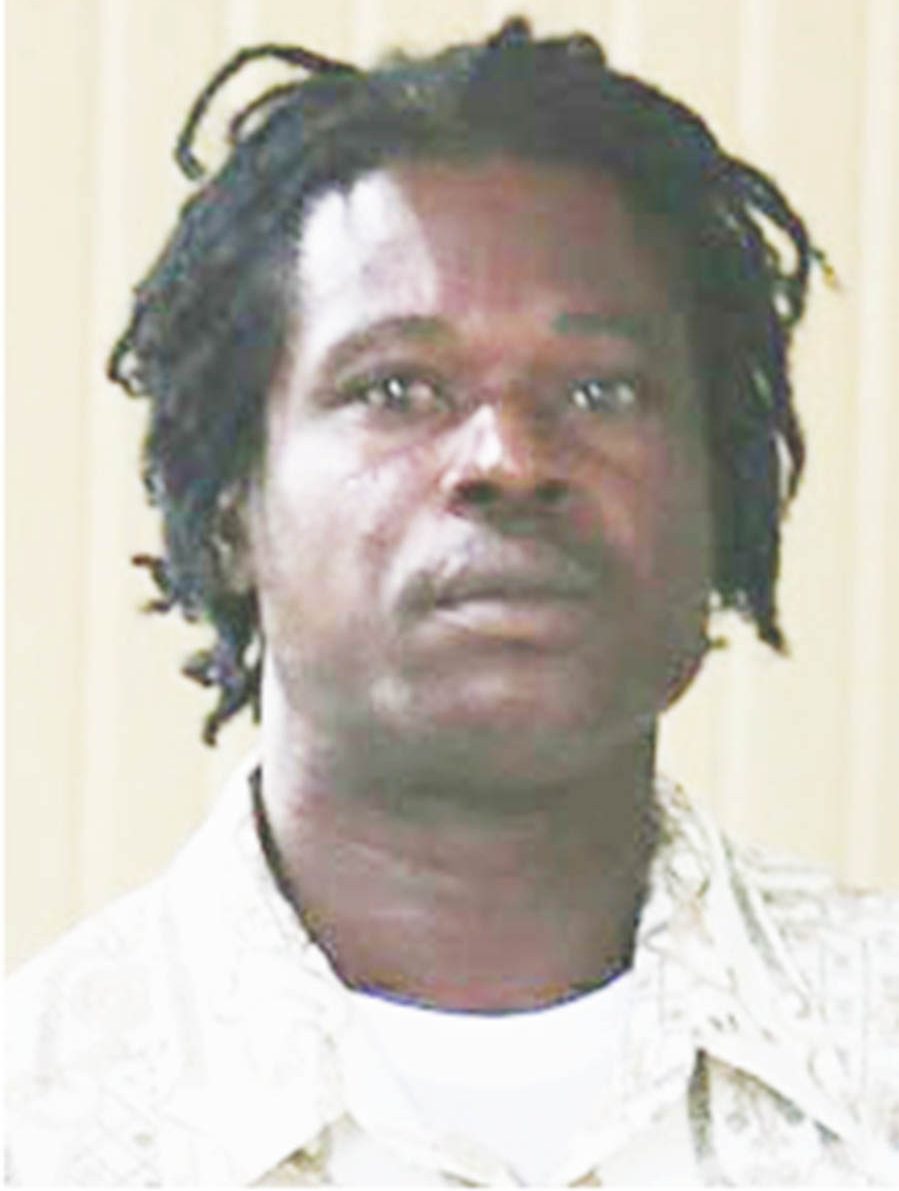Finding that his defence of alibi had not been put to the jury, the Court of Appeal has ordered that Sheldon Lynch be retried on two charges which allege that he had raped a 10-year-old girl on two separate occasions—in 2010 and 2011 respectively.
Delivering the ruling of the court yesterday afternoon, acting Chancellor Yonette Cummings-Edwards said that while the issue of alibi “clearly” arose, the trial judge failed to “adequately and fairly” direct the jury on it.
For the failing on that ground, the appellate court allowed Lynch’s appeal and ordered that he be retried at the next criminal sitting of the High Court.
The former labourer had been handed three life sentences back in 2018 for raping the child on three separate occasions.
His appeal on the conviction on that third count is still pending.
Back in March of 2018, Lynch was handed two consecutive life sentences, after the unanimous finding of guilt by a jury for the charge of rape of a child under 16 years.
Justice Simone Morris-Ramlall, had ordered that he spend a minimum of 35 years on each conviction before being paroled.
Lynch was convicted of raping the child on two occasions—in December of 2010 and November of 2011—beginning when she was 10.
He argued in his appeal that his defence had not been adequately put to the jury, and his contention was that that was among the reasons he may have been found guilty.
Attorney Ronald Daniels who represented Lynch had submitted to the appellate court that while the trial judge had a duty to put his client’s case in full to the jury—irrespective of how weak the court may perceive it to be — this was not done.
Against that background he had argued that even though Lynch had said that he was elsewhere at the time of the commission of the alleged offences, that detail was never addressed by the trial judge, nor did she put it to the jury for its consideration.
State counsel Mercedes Glasford in her submissions had argued, however, that the defence was adequately and fairly put, as the jury had heard from Lynch who testified that he was not present at the alleged commission of the crime.
Glasford’s contention was that adequate directions had been given to the jury who had also been warned that they could only convict on the strength of the prosecution’s case, and not the weakness of the defences.
She sought to advance too, that the jury had been further admonished on the presumption of innocence to which the accused was entitled.
Chancellor Cummings-Edwards underscored in the Court’s ruling, however, that the trial judge had an obligation to go further than merely pointing out Lynch’s denial to the jury, but ought to have also noted his story of being elsewhere at the material time.
She said that while general directions were given to the jury, it also required specific directions in order to directly address the issue of the alibi.
On this point she cautioned that Justice Morris-Ramlall needed to have specifically addressed and directed the jury on how to treat with the alibi raised by the accused.
She said it was more than a mere denial, and needed to be treated as such, as Lynch would not have been able to be in two places at the same time.
That detail, therefore, she said, needed to be directly addressed with the jury.
Maintaining his innocence throughout the trial, Lynch said that he was in the interior of Guyana when the complainant alleges that she was raped.
Finding merit in that ground, the Court allowed the appeal, noting that the interest of justice demands a retrial.
The appeal was heard by the Chancellor, together with Justices of Appeal Dawn Gregory and Rishi Persaud.
Background
Four months after his conviction on the first two indictments, another jury convicted Lynch of also raping the child on a third occasions.
Justice Priya Sewnarine-Beharry, imposed that third life sentence, ordering that it be served without the possibility of parole.
His appeal in relation to that matter is still before the court.
Among the grounds on which he appealed were that the judges who conducted his trials erred and “misdirected the jury on the law and elements of sexual conduct.”
His contention is that the judges “failed to adequately direct the jury on the law and requirement of the danger of relying on the unsworn testimony of a child.”
Lynch argues that the judges allowed inadmissible evidence at his trial, and “failed to put or to adequately and/or fairly put” his defence to the respective juries.
He said, too, that his attorney’s cross-examination of witnesses had been “unfairly restricted.”
He then complains that his sentences were “manifestly excessive.”









